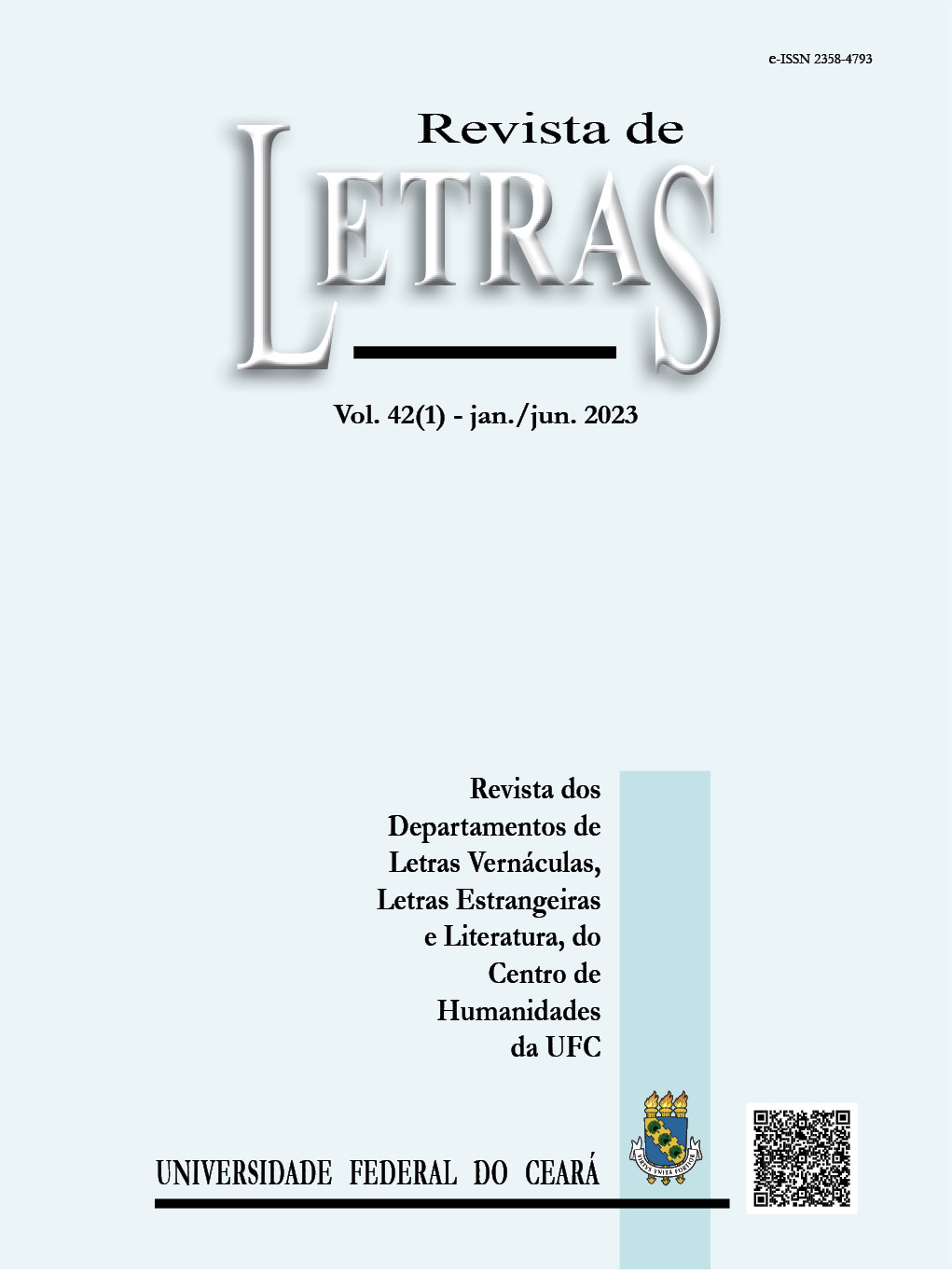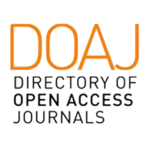THREE SONNETS BY ADAM MICKIEWICZ: TRANSLATIONS AND COMMENTARIES
DOI:
https://doi.org/10.36517/revletras.42.1.1Abstract
In this article, I present and briefly discuss my translations of three sonnets by Adam Mickiewicz, published in the collection Sonety, in 1826: “Stepy akermańskie” (The steppes of Akkerman), “Dobranoc” (Good night) and “Dzieńdobry” (Good morning), the first belonging to the cycle “Sonety krymskie” (Crimean Sonnets) and the remaining two, to the “Sonety erotyczne” (Erotic Sonnets) – also called “Sonety odeskie” (Odessa Sonnets). I begin by locating the texts in the coordinates of Mickiewicz's life and work, and then focus on two basic points: the factors that determined the choice of the translated poems and the assumptions and general parameters that guided the translation work. Then, I focus on each of the sonnets, to comment on the most relevant aspects of their respective translation. I make reference throughout my text to historians of Polish literature (Czesław Miłosz and Dorota Siwicka), to specialists in Mickiewicz’s poetry (Henryk Siewierski, Maria Dłuska, Zbigniew Majchrowski, among others), as well as to translation theorists and scholars (especially Efim Etkind).
Keywords: Sonety (Sonnets), by Adam Mickiewicz; Polish Romanticism; Translation Studies.
Downloads
Downloads
Published
How to Cite
Issue
Section
License
Copyright (c) 2023 Revista de letras

This work is licensed under a Creative Commons Attribution 4.0 International License.
Autores que publicam nesta revista concordam com os seguintes termos:- Autores mantêm os direitos autorais e concedem à revista o direito de primeira publicação, com o trabalho simultaneamente licenciado sob a Licença Creative Commons Attribution que permite o compartilhamento do trabalho com reconhecimento da autoria e publicação inicial nesta revista.
- Autores têm autorização para assumir contratos adicionais separadamente, para distribuição não-exclusiva da versão do trabalho publicada nesta revista (ex.: publicar em repositório institucional ou como capítulo de livro), com reconhecimento de autoria e publicação inicial nesta revista.
- Autores têm permissão e são estimulados a publicar e distribuir seu trabalho online (ex.: em repositórios institucionais ou na sua página pessoal) a qualquer ponto antes ou durante o processo editorial, já que isso pode gerar alterações produtivas, bem como aumentar o impacto e a citação do trabalho publicado (Veja O Efeito do Acesso Livre).

.png)






.png)
